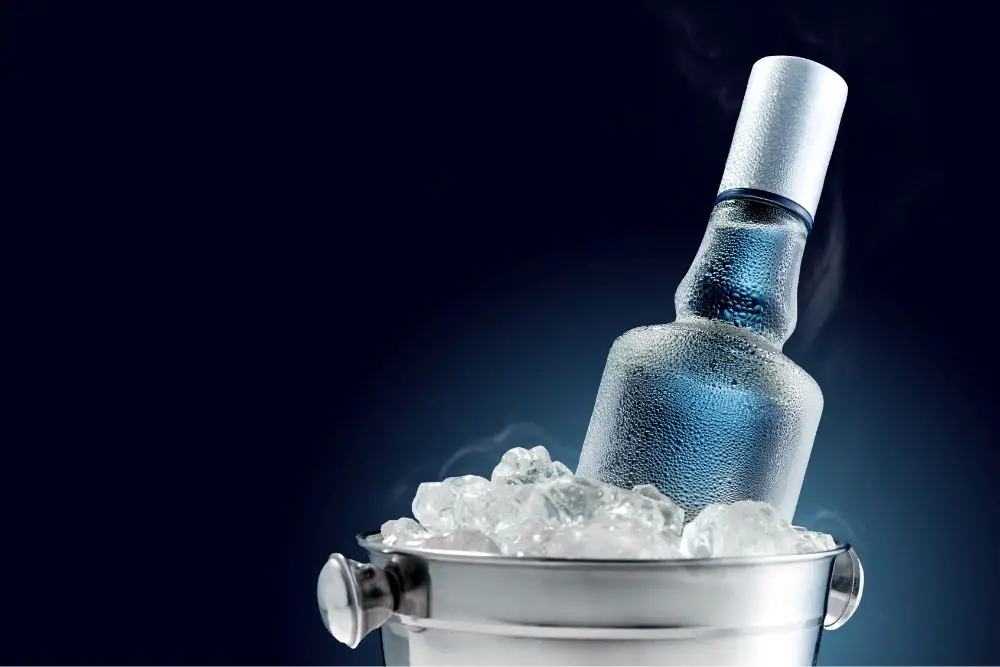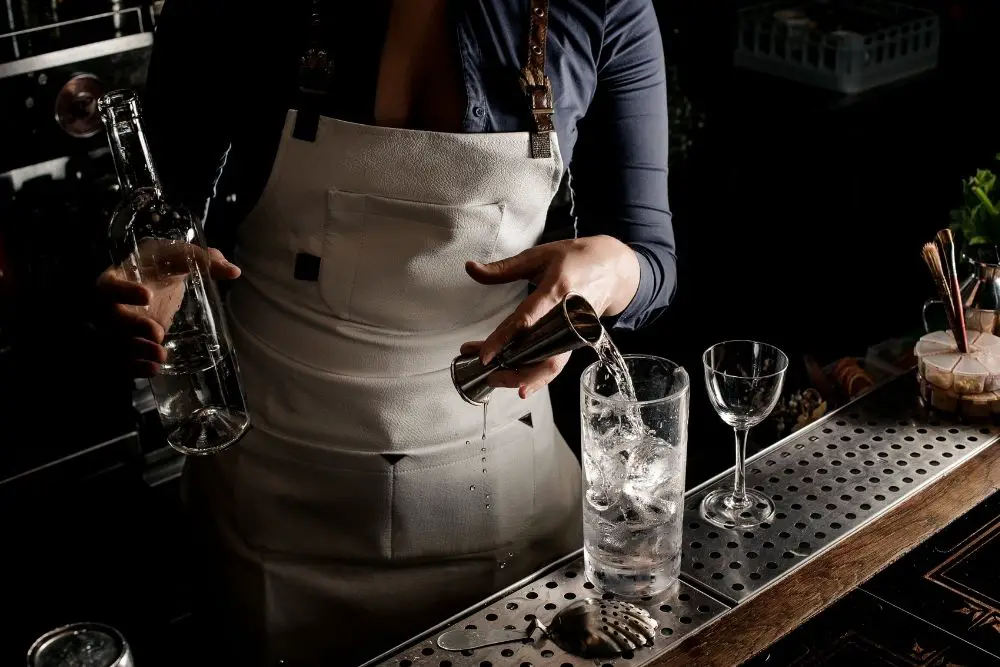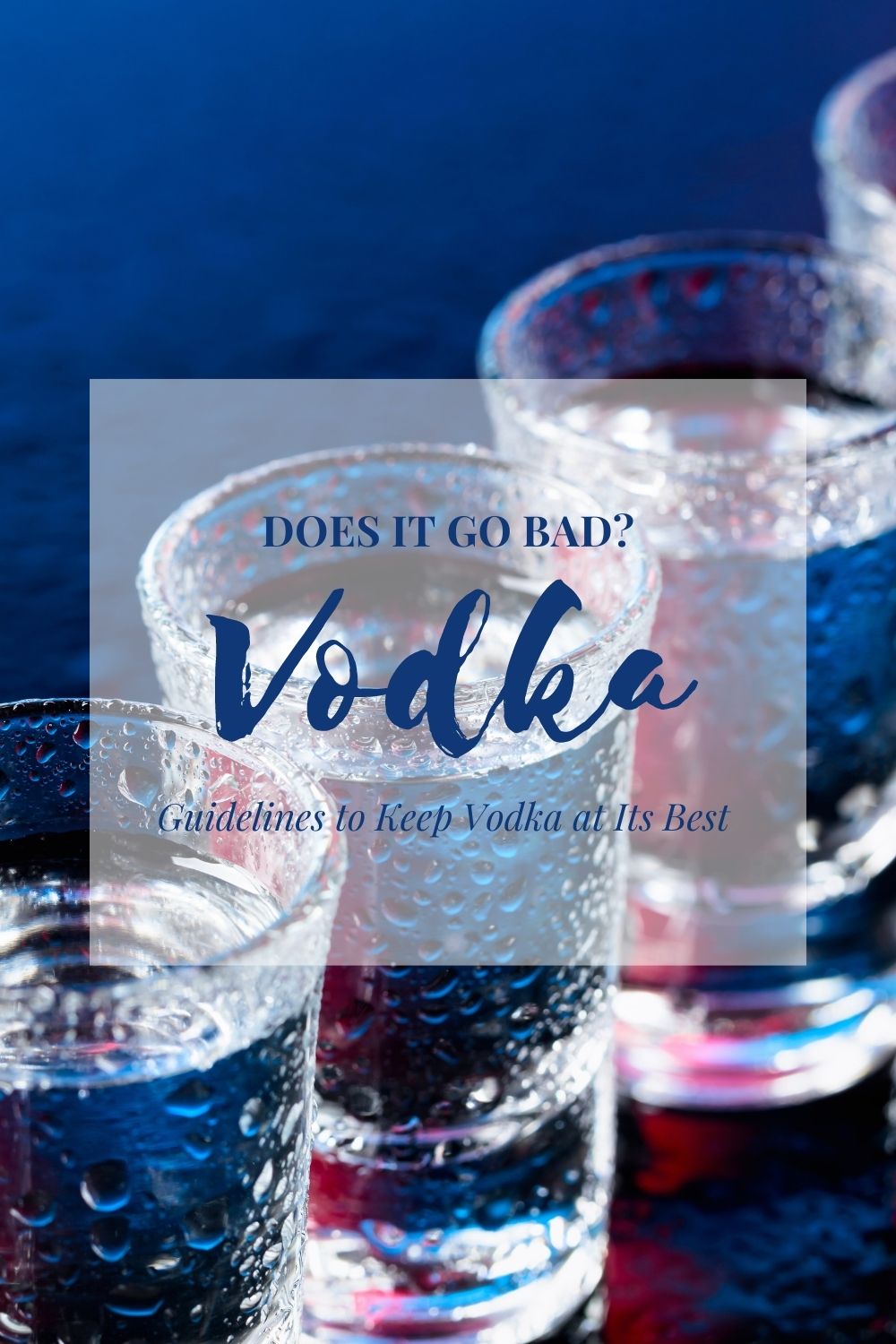Does Vodka Go Bad? Guidelines To Keep Vodka at Its Best
Does vodka go bad? It can if stored improperly. Learn the shelf life, signs of spoilage, and storage tips to keep your vodka at its best.

Vodka is a crystal-clear distilled alcoholic beverage that people either love for its versatility and mildness or vilify for its lack of flavor and character. Nevertheless, it remains one of the top-selling alcohols in the world.
The production of vodka involves the fermentation of potatoes or grains such as barley, corn, rye, and wheat. Fruits like grapes and apples or sugar can also be fermented and used as a base. The product is then distilled to increase the alcohol content.
Like tequila, vodka is a prominent ingredient in any bar. You might have a bottle at home that you savor on its own or mix with cocktails. Make sure you know the shelf life and proper storage to keep this versatile liquor around longer.
Can Vodka Go Bad?
A properly stored unopened bottle of vodka generally is shelf-stable and has an indefinite shelf life because it has high alcohol content (around 40% by volume (ABV) or 80 proof), which is twice the volume percentage of ethanol alcohol in the liquor. Bacteria and mold cannot survive at anything above 25% alcohol content.
As for an opened bottle, six to eight months after opening, a half-empty bottle of vodka will start to change because the air in the bottle oxidizes the vodka. It is still safe to consume after one to two years but drink it early to enjoy it at its best.
Flavored vodkas contain extra sugar and other ingredients that can contribute to shorter shelf life. Brands like Absolut state that their flavored vodka needs to be consumed within two years of purchase for the best taste.

How to Store Vodka
Even if vodka is not susceptible to mold and bacterial growth when sealed, other factors may still affect the flavor if you store the bottles without good storage conditions.
- Keep the vodka bottle upright and tightly capped in a cool, dark place. Liquor cabinets, the pantry, or kitchen cupboards are great storage options as long as they remain cool. Avoid direct sunlight and direct light.
- Don’t expose the vodka to fluctuating or extreme temperatures. The organic molecules break down, which alters the taste.
- Do not store it near heat sources or appliances that generate heat.
- Never store it with a bottle pourer or stopper in place of the original cap.
- When the old bottle of vodka is half full, transfer the liquor into a smaller glass bottle. This will reduce the air in the bottle and reduce the oxidation process, preserving the vodka’s flavor
Can It Be Stored in The Freezer?
Although it sounds tempting, storing liqueurs in the freezer is not recommended because it dulls the flavor of the beverage.
It’s best to keep it at stable and moderate room temperature and just shake it with ice for seven to ten seconds, then immediately pour so you don’t dilute the drink.

Spoilage Signs
Some manufacturers place an expiration date at the bottom of the bottle, especially for flavored vodka. If yours doesn’t have one here’s how you’ll know it’s time to discard your bottle (and get a new one, right?)
- The vodka has an odd aroma.
- There’s discoloration and contaminants in the liquor.
- Crystals are forming around the mouth of the bottle.
Keep your vodka in its optimal condition with proper storage. Consume and enjoy your flavored and half-emptied bottles within two years. If you’re tired of your usual cocktail mix, try this Bone Broth Bloody Bull or Meyer Lemon Raspberry Cocktail next time!
Want more alcohol storage tips? Check out my learnings at Does Whiskey Go Bad, Does Kahlua Go Bad, How Long Does A Bottle of Wine Last, and Does Sparkling Wine or Champagne Go Bad.

About the Author
Sharon Chen is an Integrative Nutrition Health Coach and author of the Complete Sous Vide Cookbook. She believes food not only brings healing but also connection. As the creator of StreetSmart Kitchen, she aims to make meal prep easier than ever and help you find balance, ease, joy, and simplicity in the kitchen as you improve your well-being.



